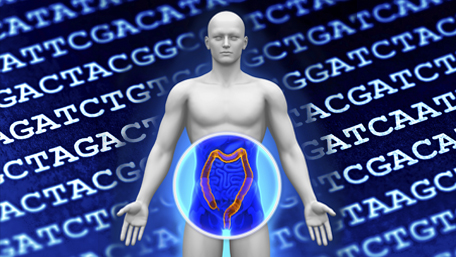
10/21/2019
Hot Topics of the Day are picked by experts to capture the latest information and publications on public health genomics and precision health for various diseases and health topics. Sources include published scientific literature, reviews, blogs and popular press articles.
Sign up MyPHGKB to receive the daily hot topic email alert.
Archived Hot Topics of the Day By Date
Looking back and thinking forwards - 15 years of cardiology and cardiovascular research.
Kalman Jonathan M et al. Nature reviews. Cardiology 2019 Sep
The Colorectal Cancer Risk Assessment Tool
NCI, 2019

NIH’s All of Us Partners with HudsonAlpha on Long-Read Sequencing Project
Clinical Omics, October 18, 2019
Precision screening for familial hypercholesterolaemia: a machine learning study applied to electronic health encounter data
K Myers, Lancet Digital Health, October 21, 2019
Disclaimer: Articles listed in Hot Topics of the Day are selected by Public Health Genomics Branch to provide current awareness of the scientific literature and news. Inclusion in the update does not necessarily represent the views of the Centers for Disease Control and Prevention nor does it imply endorsement of the article's methods or findings. CDC and DHHS assume no responsibility for the factual accuracy of the items presented. The selection, omission, or content of items does not imply any endorsement or other position taken by CDC or DHHS. Opinion, findings and conclusions expressed by the original authors of items included in the Clips, or persons quoted therein, are strictly their own and are in no way meant to represent the opinion or views of CDC or DHHS. References to publications, news sources, and non-CDC Websites are provided solely for informational purposes and do not imply endorsement by CDC or DHHS.
- Page last reviewed:Feb 1, 2024
- Page last updated:Apr 18, 2024
- Content source:





